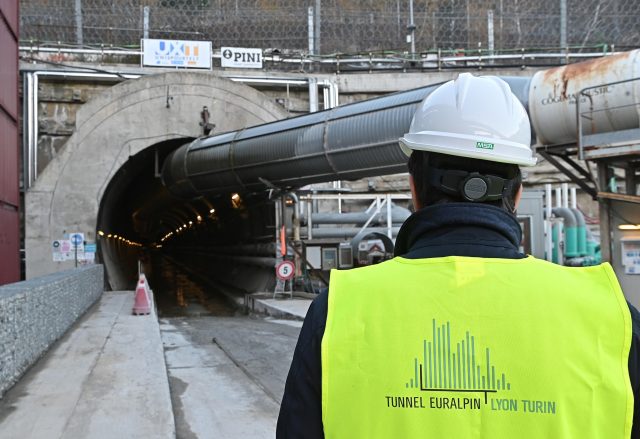
Intergovernmental Conference paves the way for resumed rail freight service and secures EU-level progress for cross-border infrastructure
In a decisive step for the future of European infrastructure, Italy and France have officially endorsed the complete project plans for the Turin-Lyon rail line, including both the international and national segments. During the latest meeting of the Intergovernmental Conference (CIG), the two countries jointly committed to advancing the long-discussed high-speed railway connection and resuming the suspended rail motorway (Afa) freight service through the Fréjus tunnel. The agreement marks a significant milestone in the development of one of Europe’s largest infrastructure projects. The CIG’s decision reflects two parallel priorities: completing the administrative process for the entire cross-border project and addressing short-term logistics by reviving intermodal rail freight transport. The approval of the execution decision, now transmitted to the European Commission, effectively concludes the national-level procedures in both Italy and France and brings the project into its final EU-level assessment stage.
According to Paolo Foietta, president of the CIG, “This move is fundamental for the future EU co-financing of the entire work, including the national routes and now also the urban nodes of Turin and Lyon.” The execution decision completes a process initiated in 2020 and enables the full recognition of the project as part of Europe’s core transport network. A major feature of the agreement is the commitment to relaunch the Afa service, which allows trucks to be transported by rail between Aiton (France) and Orbassano (Italy). This rail motorway service had been suspended due to a landslide on the French side of the Alps and the subsequent two-year closure of the freight rail line. Since then, no alternative intermodal solution had been in operation. “With this decision, and subject to European Commission approval for state aid, we aim to restart the freight transfer service by October,” Foietta explained. Incentives will also be reintroduced to support modal shift from road to rail, reinforcing the environmental and logistical benefits of the route.
The importance of the Afa is strategic—it remains the only operative intermodal freight route between the two countries and is a key component in reducing truck traffic through the Alpine passes. On the construction front, work on the base tunnel between Italy and France continues to progress steadily. Currently, 26% of the total 160 kilometers of tunnels have been excavated. Maurizio Bufalini, Deputy Director General of TELT (Tunnel Euralpin Lyon Turin), reported that the first of seven tunnel boring machines, named “Viviana”, has arrived at the Saint-Martin-la-Porte site and is scheduled to begin operations in September. In addition, lining operations have started at the tunnel entrance in Saint-Julien-Montdenis, while traditional excavation with explosives continues on two tunnel sections, now extending approximately 1,700 meters from their respective portals.
On the Italian side, in Chiomonte, environmental assessments are underway on the launch site for another TBM (tunnel boring machine), expected to be delivered to the site in 2026. Meanwhile, construction is nearing completion for the new highway interchange on the A32, essential for logistics traffic, and the new truck terminal in San Didero is also at an advanced stage. Final project plans have been submitted to the Ministry for works across several Italian towns—Chiomonte, Salbertrand, and Susa. Susa will serve as a key logistics node, housing both the extracted material from excavation and the future international train station. The project’s total cost now stands at €11.1 billion, with operational readiness targeted for 2033. Authorities are also considering the creation of a support fund for companies involved in the project that face added costs due to vandalism or security threats, aiming to ensure an uninterrupted progress toward completion.



 Subscribe
Subscribe